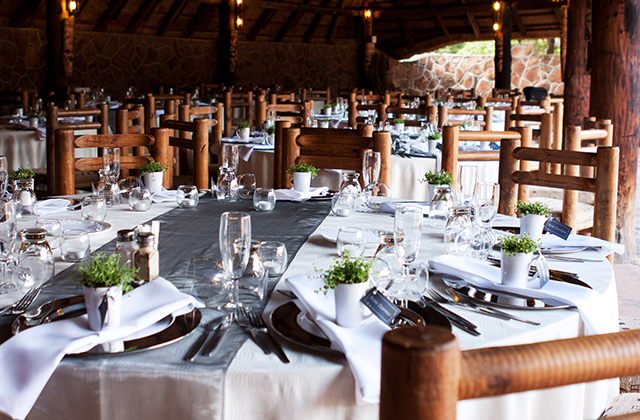Concept board frames artist Sydney are artists who create illustrations of ideas, whether it’s of characters, scenes, or machinery. Artists today are continually learning new applications and are required to stay ahead of the curve as to what is up and coming and the newest ways of doing things. Most production artists have completed their formal education years ago and what they learned may now be obsolete. They must aggressively find alternative ways to learn their industry’s most popular applications, processes of using them like new workflows, and continue to improve on what they currently do.
Here are some of the more popular ways to learn:
- On the job experience – This is the most common way that we’ve all learned a thing or two. It is probably the most effective way to learn what you need for your job. However, you may eventually be limited by what your coworkers can share with you and may find that there is a lot of information you’ll still need to know in order to move up or get another job. This way takes lots of time and patience and requires a good group of people willing to help you learn.
- Conferences – They are fun and you get to meet a lot of people doing what you do or want to do. Most conferences foster an environment of sharing and helping. A lot can be gained from attending a conference for networking and its break-out sessions. However, they can be expensive (like traveling to South Korea!). With tightening budgets, they may not be cost-effective.
- Onsite training – Many companies utilize this form of training to get specific information in an area that they are focused on. This is a great way to learn if you can afford it. Learners will have direct access to the instructor and can have the training catered directly to their environment. Specific questions can be asked and addressed instantly in a collaborative way.
- Night classes – Many local Junior Colleges now offer digital art classes in the evening. These are usually general classes and you may find that you are above the level they are teaching unless you know nothing about the subject. These classes can be somewhat expensive and be very broad in the information delivered. In addition, these teachers (not in all cases) are not in the industry and may not be able to help you with specific questions to your liking.
- Networking – Using social networking and forums is a good way to get answers and research how to accomplish certain tasks. However, there can be a delay in feedback which will motivate you to find answers in other places. But, there tends to be some good people giving back and willing to help you and stick it out until they are able to help resolve your question.
- Webcasts – These are a slightly less formal means of training. The instructor usually has a loose idea of what is to be presented but it can change if needed. The lack of formality may cause some live viewers to be dissatisfied with the level of training and the lack of the instructor’s attention to detail. Webcasts are live and there isn’t time for editing and polishing. Sometimes these trainings can cost more than the more refined DVD trainings.
- Web videos and DVDs – These tools are a great way to learn. You may have a specific topic you wish to learn like Model Rigging or Storyboarding and need to know it right now for a project or job. These trainings are or are near instant gratification. Usually, they require less commitment and are much cheaper than other means of learning.
There is a boom going on now in the creative education fields and there are many schools stepping up to fill that need. With the competition and strict requirements in place from their industries, schools are doing their very best to offer real-world training. However, as students, there is always a chance for there to be questions or the hunger for more information on a particular subject. This is the very nature of being a student. Inexpensive distance learning like Web and DVD training can fill in those gaps and answer those questions. Students should use these tools to supplement their education. School tends to be required to cover a large variety of subjects and as a student; you may want to take a little more time in one area. This type of training allows you to do just that.
For those of us who have already completed all the formal education we would ever like to do, we are still required to stay competitive. Already being in the “field”, many of us may have a certain level of understanding in a subject area but need to dig deeper or learn new and more efficient ways of completing common tasks. Learning from industry professionals will help busy creatives to learn more rapidly in a wide variety of subjects at their own pace.
Distance learning allows artists the ability to access hard to find, low-cost education that can begin to get them up to speed and production-ready in no time. Meaning, they’ll be able to jump right into a job or add the new knowledge gained in a short period of time to their artistic arsenal immediately.
Here are some interesting stats from the Bureau of Labor Statistics’ Occupational Outlook Handbook
- Employment of artists and related workers is projected to grow 16% through 2016, faster than the national average for other fields.
- Multi-media artists and animators will be most in demand through 2016 — that profession will see a 26% increase in employment.
- Fine artists will see a 10% increase in employment.
- Multi-media artists and animators earn roughly $52,000 (this does not include figures from self-employed animators).
Best of luck and happy animating!
Frank Freeman is a freelance artist, trainer and CEO of Artistic Gurus, Inc. a creative training company that focuses on how-to videos in the 2D, 3D, Traditional Arts, Comics, and Manga fields. Read more about him today from http://www.ArtisticGurus.com or [http://www.RentArtVideos.com]
Article Source: https://EzineArticles.com/expert/Frank_Freeman/804414
Article Source: http://EzineArticles.com/5499799



